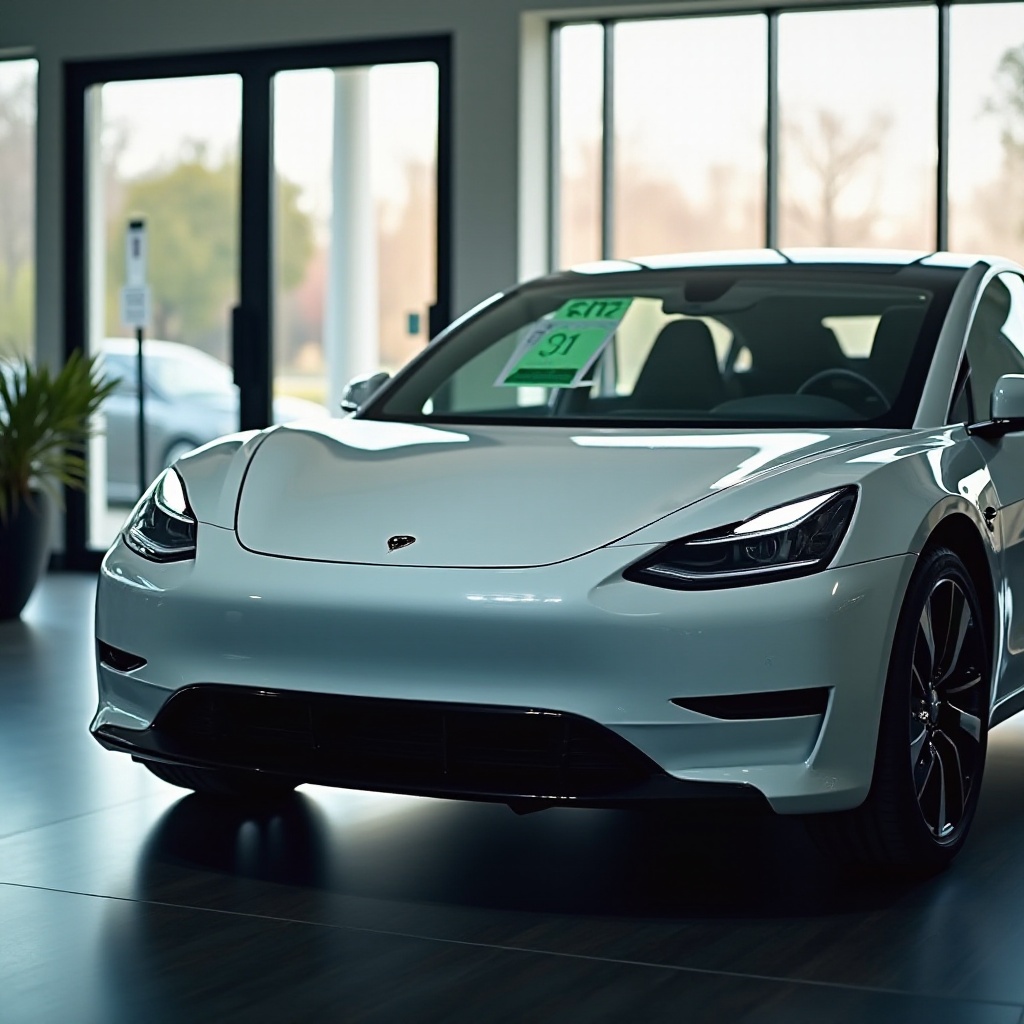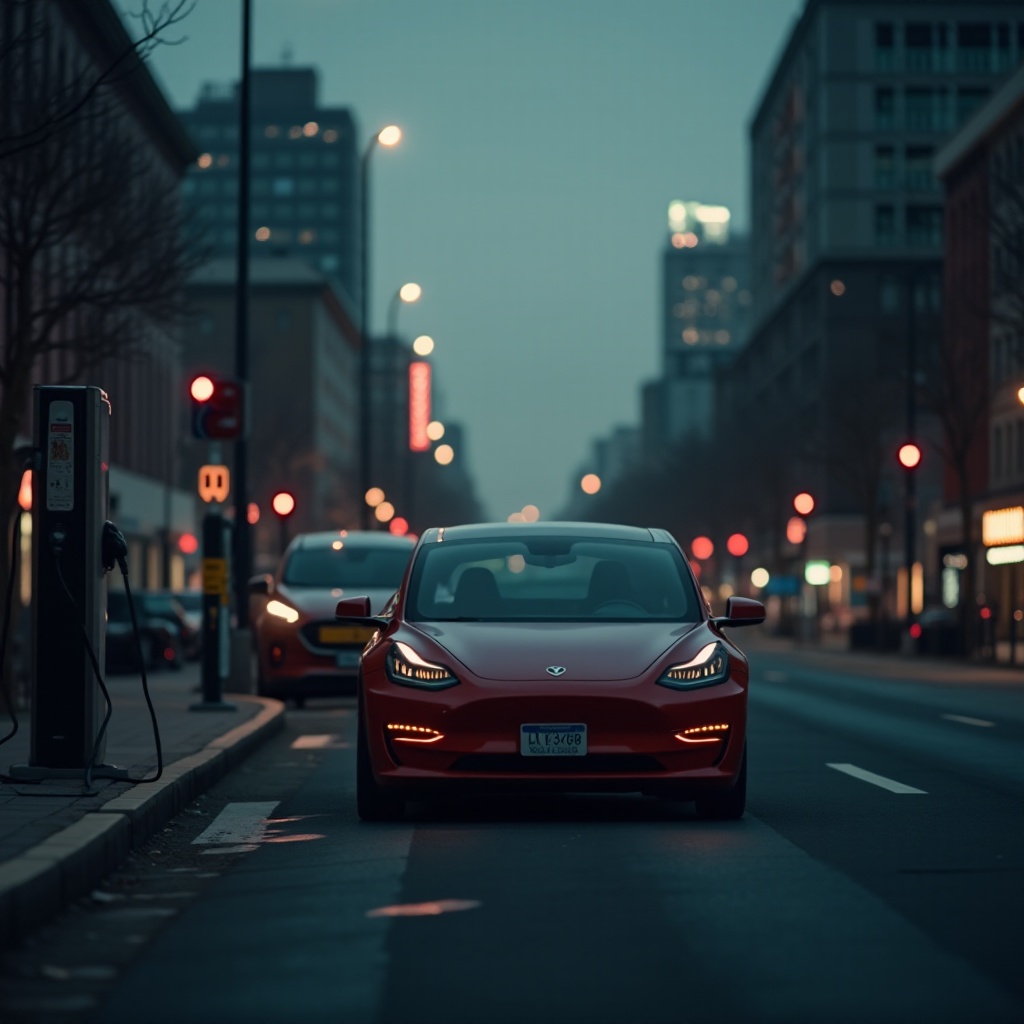Introduction
The switch to electric cars is an attractive proposition for many, boasting benefits like lower emissions and reduced fuel costs. However, there are significant drawbacks worth considering before making the investment. This article delves into the primary reasons you might want to think twice before purchasing an electric car. Understanding these challenges can help you make an informed decision that aligns with your lifestyle and requirements.

High Initial Purchase Cost
One prominent deterrent is the high initial purchase cost. Electric cars generally cost more upfront compared to their gasoline counterparts. For many potential buyers, this initial financial outlay is a significant hurdle. Additionally, while savings on fuel and maintenance might eventually offset this cost, the initial expense can still deter budget-conscious consumers.

Limited Driving Range
Following the high costs is the issue of limited driving range. Unlike gasoline vehicles, which can typically drive longer distances on a single tank, many electric cars come with restricted range capabilities. This limitation can be a significant drawback for individuals who frequently undertake long road trips or have long commutes. It necessitates careful planning for charging stops, which some find inconvenient.
Scarcity of Charging Stations
A related concern is the scarcity of charging stations. Although the number of charging points is increasing, they are still not as ubiquitous as gas stations. This can make traveling longer distances problematic, as finding a nearby charging station becomes a daily task. Living in an area with fewer charging options could lead to considerable inconvenience.

Long Charging Times
Another issue that ties into the previous points is the long charging times. Refueling a gasoline car takes only a few minutes, but charging an electric vehicle (EV) can take several hours. Even rapid charging stations require a chunk of time, which might not be feasible for individuals with busy schedules or for those who need to get back on the road quickly.
Battery Degradation Over Time
Batteries in electric cars degrade over time, leading to reduced driving range and performance. This degradation depends on various factors, such as usage patterns and environmental conditions, but it is an inevitable process that can significantly affect the vehicle’s usability and resale value. Understanding this downside is crucial for potential buyers concerned about the longevity and reliability of their investment.
Limited Vehicle Options
The current market offers a limited variety of electric vehicle models compared to traditional gasoline cars. This limited selection can deter potential buyers interested in specific types of vehicles, whether for aesthetic preferences, functionality, or performance specifications. While the EV market is expanding, the current choices might not meet every buyer’s needs.
Environmental Impact of Battery Production and Disposal
Though electric cars are often touted as environmentally friendly, the battery production process has significant environmental impacts. The extraction of rare minerals and the energy-intensive manufacturing process contribute to pollution and habitat destruction. Additionally, disposing of these batteries, once they’ve reached the end of their life cycle, presents further environmental challenges, potentially offsetting some benefits of driving an electric vehicle.
High Insurance Costs
Insurance for electric cars can be higher than for gasoline vehicles. This increase is due to the expensive and sophisticated technology used in EVs, leading to higher repair costs. Potential buyers should consider these ongoing expenses when deliberating the overall cost of owning an electric vehicle.
Potential Grid Strain and Energy Costs
As electric car adoption grows, the increased demand on the electrical grid could lead to higher energy costs and potential grid strain. In areas where the grid is already under stress, this additional load could result in higher electricity prices, negating some of the cost benefits of going electric. It’s essential to stay informed about local energy policies and infrastructure capabilities.
Uncertain Market Incentives and Regulations
Finally, the market incentives and regulations surrounding electric cars are subject to change. Government incentives, such as tax credits and rebates, can significantly influence the overall cost of buying an electric car. However, these incentives are not guaranteed to last forever, and their removal could affect the financial appeal of purchasing an EV. Staying up-to-date with these changes is crucial for potential buyers.
Conclusion
While electric cars offer numerous benefits, they also come with significant drawbacks that shouldn’t be overlooked. From the high initial cost and limited driving range to environmental concerns and uncertain market incentives, various factors could influence your decision to avoid buying an electric car. Evaluating these challenges against your personal needs and financial situation is essential to making an informed, practical purchase decision.
Frequently Asked Questions
What are the major drawbacks of buying an electric car?
The major drawbacks include high initial purchase costs, limited driving range, scarcity of charging stations, long charging times, battery degradation, limited vehicle options, environmental impact of battery production and disposal, high insurance costs, potential grid strain and energy costs, and uncertain market incentives and regulations.
Is the environmental impact of electric cars lower than traditional cars?
While electric cars generally produce fewer emissions during operation, the environmental impact of battery production and disposal can be significant. The extraction of materials and energy-intensive manufacturing processes contribute to pollution, which complicates the overall environmental benefits.
How does the resale value of electric cars compare to gasoline cars?
Electric vehicles often experience higher depreciation rates due to battery degradation over time and rapidly evolving technology. This can lead to lower resale values compared to traditional gasoline cars. However, the market is still developing, and trends could change as the technology matures.
